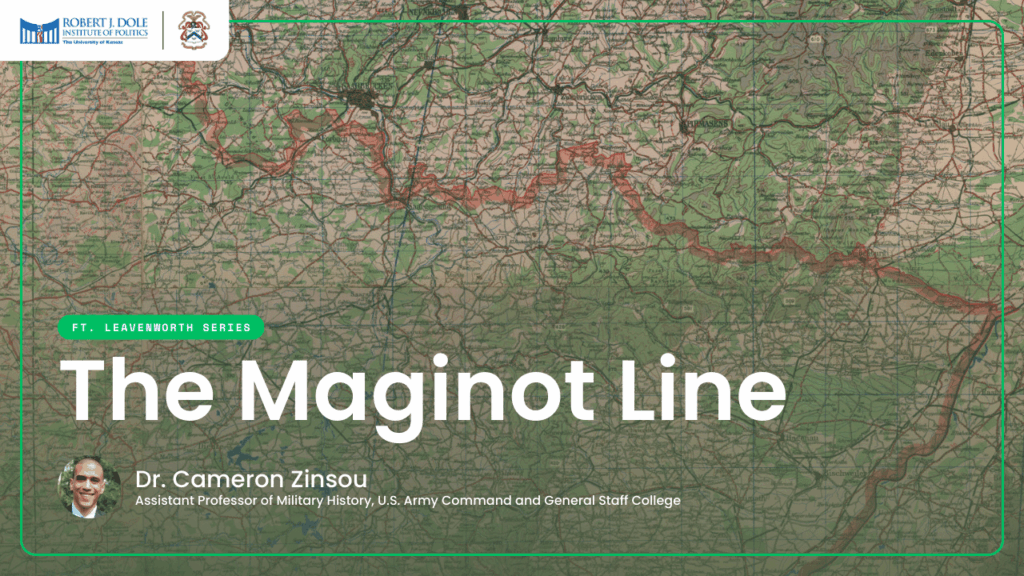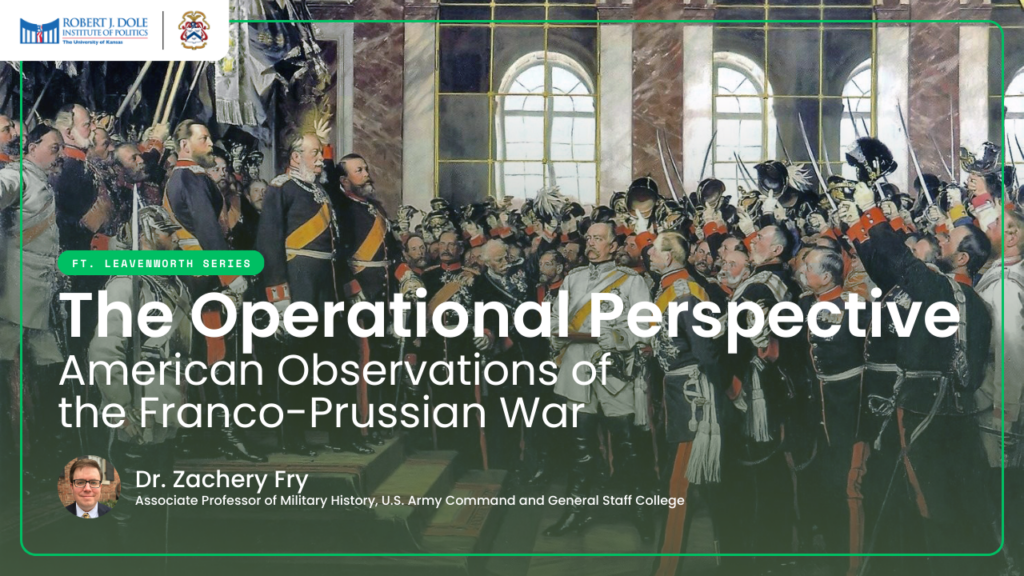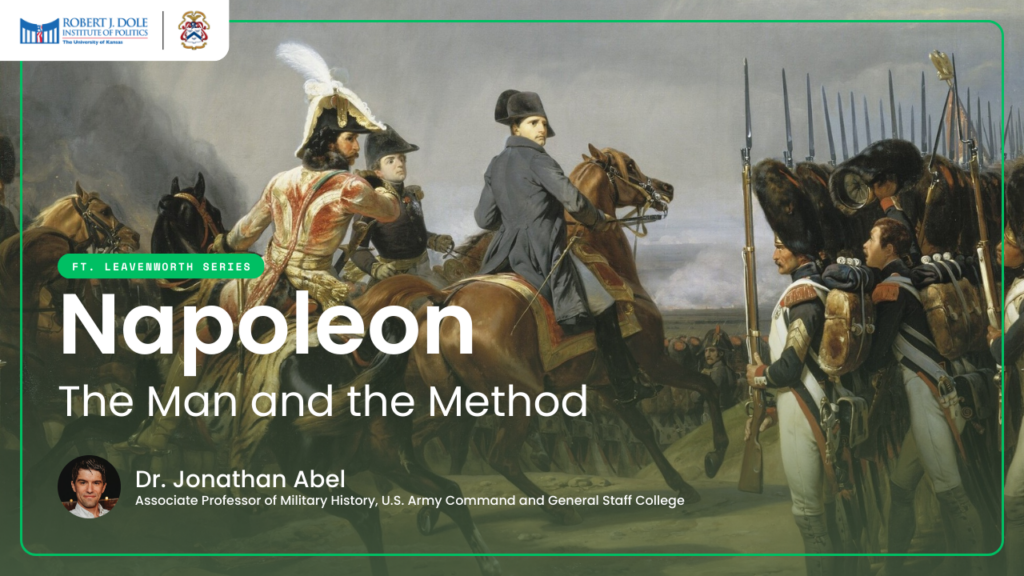
- This event has passed.
World Leaders in Wartime: George Washington and the Whiskey Rebellion
August 7, 2024 @ 3:00 pm - 4:15 pm

In 1794 the new American republic was beset by a host of “enemies,” foreign and domestic. For George Washington, the greatest of these came from the disgruntled citizens of the Appalachian west who sought to resist the federal government’s ability to collect taxes and codify its powers. The Whiskey Rebellion was the first true test of the nation and the presidency. In ensuring that the Constitution was the writ of the land, Washington also set many of the precedents that governed the use of military force domestically for the presidents that followed.
Dr. Richard S. Faulkner is a Professor of Military History and has taught at the U.S. Army Command and General Staff College (CGSC) for over 21 years. He served 23 years in the U.S. Army and commanded a tank company in the 1st Armored Division during Operation Desert Storm. He is the author of The School of Hard Knocks: Combat Leadership in the American Expeditionary Forces (Texas A&M Press, 2012), which was the recipient of the Society for Military History’s 2013 Distinguished Book Award. His second book, Pershing’s Crusaders: The American Soldier in World War I (University Press of Kansas, 2017) received the World War I Association’s 2017 Norman B. Tomlinson, Jr. Prize for the best work of history in English on World War One, the Organization of American Historians’ 2017 Richard W. Leopold Prize, and the Army Historical Foundation’s 2017 Excellence in U.S. Army History Book Award.
The Ft. Leavenworth Series is an annual roster of lectures focusing on significant historical events, usually with an emphasis on military history. Each lecture is presented by faculty from the United States Army Command and General Staff College in Ft. Leavenworth, Kansas. Established by General William Tecumseh Sherman in 1881, the CGSC is the graduate college for U.S. Army and sister service officers. The esteemed faculty and guests of the CGSC provide unique and captivating insights into the history of military conflict from the ancient to the modern ages at the Dole Institute of Politics.
The opinions expressed herein are those of the individual and do not necessarily represent the views of the U.S. Army Command and General Staff College or any other governmental agency.


